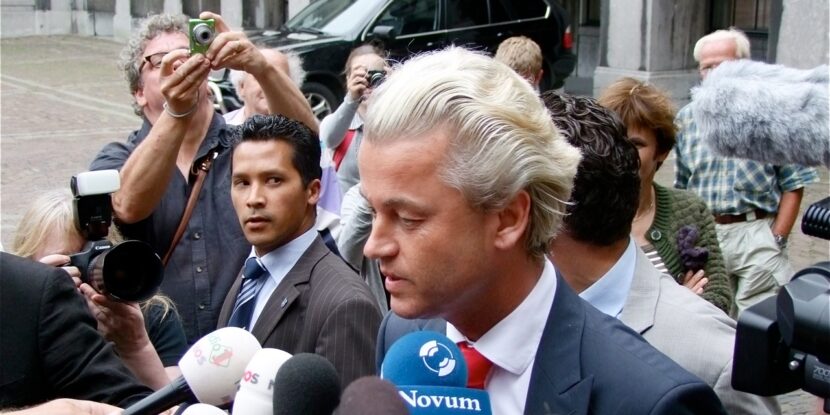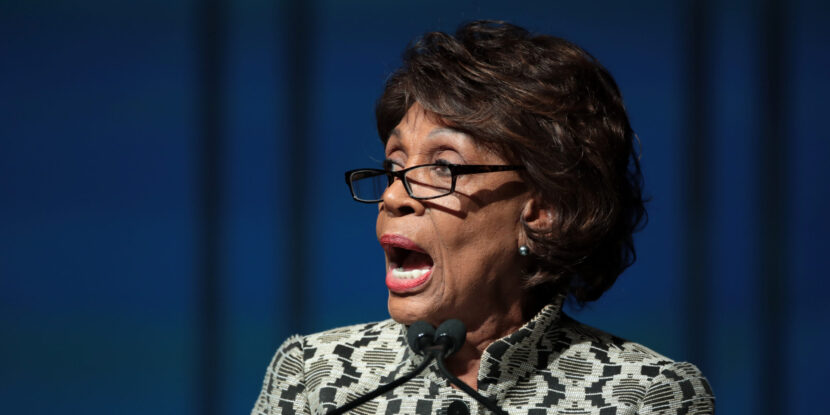Grassroots members of Britain’s Conservative (Tory) Party, ousted from government after 14 years in office in a July snap election, will shortly choose between two candidates – Olukemi ‘Kemi’ Badenoch and Robert Jenrick – to replace former Prime Minister Rishi Sunak as party leader.
Members of Parliament (MPs) for the party have whittled down an initial slate of candidates to a final two, who will now battle it out in public before a vote of the party’s official membership.
ALL-TALK BADENOCH.
Badenoch was first elected to Parliament in 2017 and rapidly promoted to a government role by 2019. She became an overnight star on the Conservative right with a 2020 speech as Minister of State for Equalities, in which he claimed the government—then led by Boris Johnson—”stand[s] unequivocally against Critical Race Theory” and described Black Lives Matter as a “political movement.”
However, despite her insistence that “any school that teaches… Critical Race Theory as fact, or that promotes partisan political views such as defunding the police without offering a balanced treatment of opposing views, is breaking the law,” such ideology flourished in the British state during her time in government, and there is no evidence she ever took action against it.
In fact, she declined to comment when the socialized National Health Service (NHS) pushed an anti-“whiteness” ideology the year after her Critical Race Theory (CRT) speech. After she was promoted to Secretary of State for International Trade, she oversaw officials indulging in CRT-style themed training framed around the book ‘Why I No Longer Talk to White People About Race.’
Towards the end of the Conservatives’ 14 years in office, she produced an official report complaining about far-left diversity training in government and corporations. Despite her rhetoric, she concluded that elected officials should not even try to stop bureaucrats from disseminating such ideological training, insisting that “bans and acts” were undesirable.
Similarly, despite talking a good game against mass migration, her party oversaw record-breaking immigration in office, and she personally lobbied to remove annual limits on the inflow of foreign workers and students. Badenoch herself was born in London, but her parents are Nigerian, and she grew up in Nigeria.
GENERIC JENRICK.
Badenoch’s rival for the party leadership is Robert Jenrick, once dubbed “Robert Generic” for his bland, so-called centrist politics. He campaigned against Brexit and said he hoped to see a “liberal immigration policy” post-Brexit.
He finished his government career as an immigration minister under former Prime Minister Rishi Sunak, resigning over concerns that the never-implemented, now-scrapped Rwanda deportation plan for illegal aliens was unworkable.
However, since this resignation, he has reinvented himself as an anti-immigration hawk, lobbying for stricter controls with some vigor.
“[T]he economic model that we’ve become hooked on isn’t working,” Jenrick admitted shortly after leaving government. “If importing hundreds of thousands of foreign workers to the UK was a route to prosperity, the UK would be one of the richest countries in the world. Instead, for almost the last two years we’ve had a recession in GDP per capita… I care about the prosperity of our own citizens, not the overall size of the economy,” he added.
Since then, government officials have confirmed that low-paid migrants are an immediate and lifelong drain on the public finances.
Jenrick has also committed to leaving the European Court of Human Rights, a non-European Union body to which Britain remains subject, putting him well to the right of Badenoch. Many doubt the sincerity of Jenrick’s late-career rightward shift, with Reform Party leader Nigel Farage suggesting his conversion is “not very believable.”
Sunak’s successor should be confirmed by November 2.





















